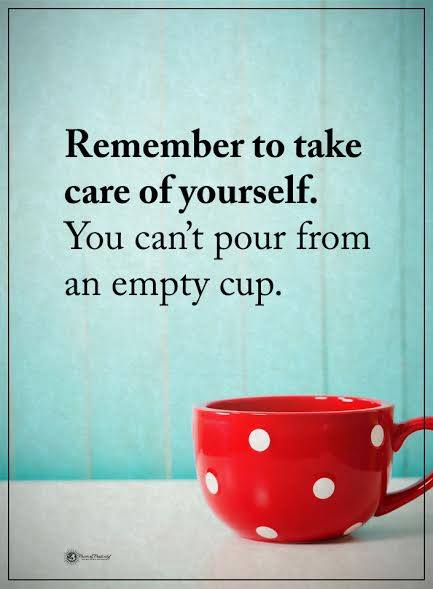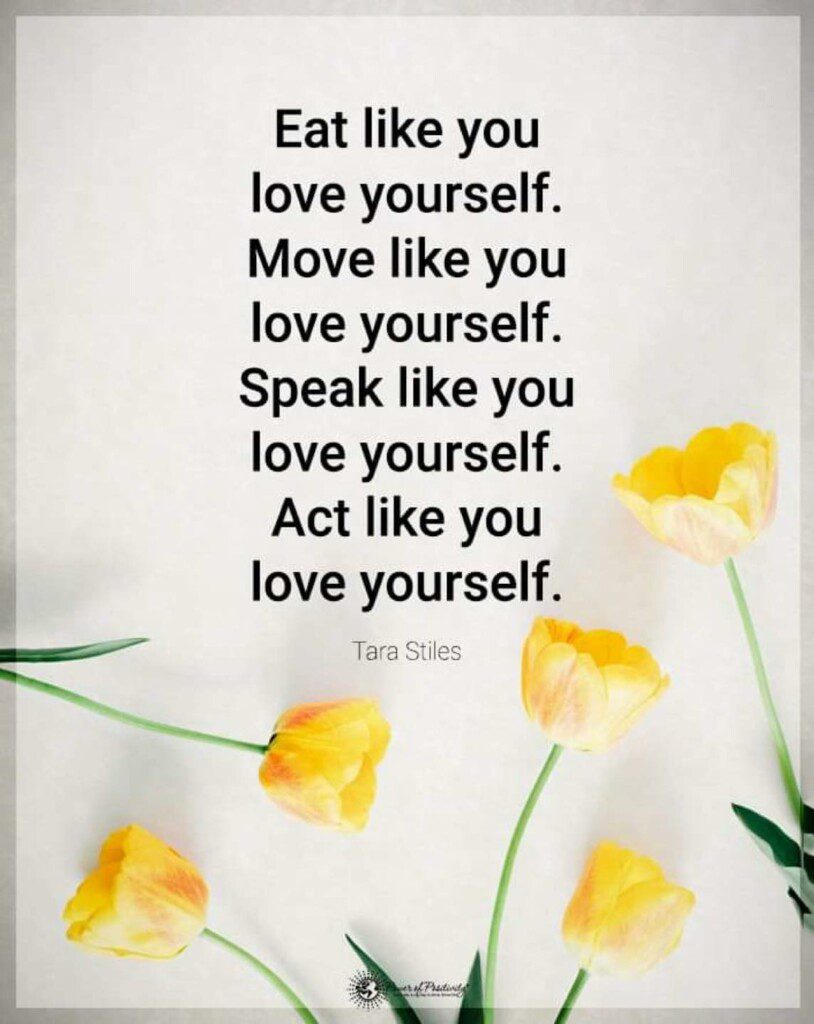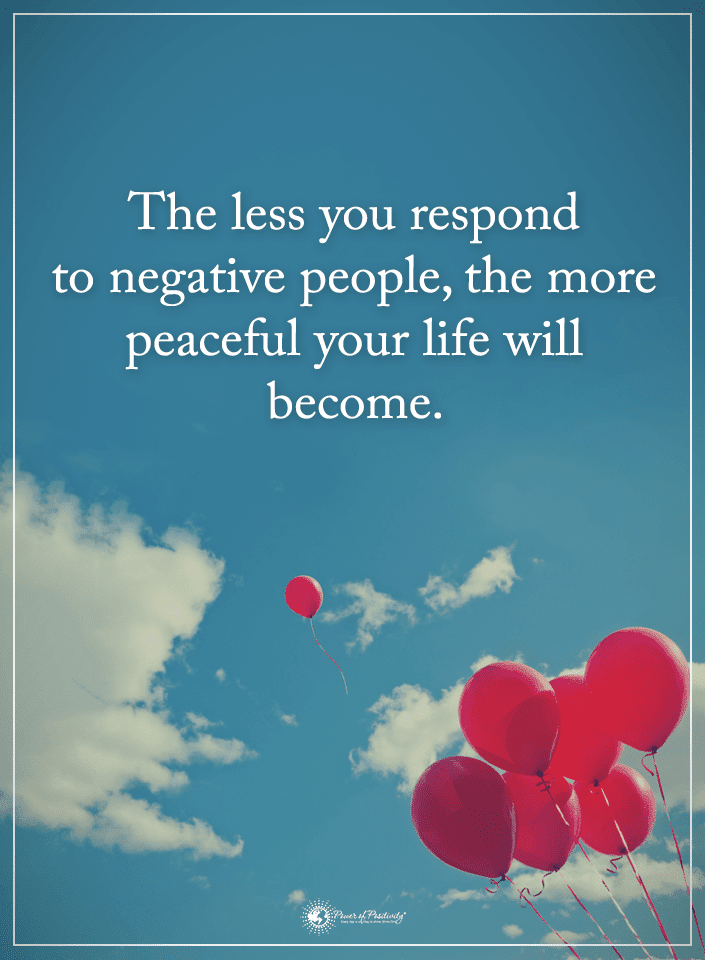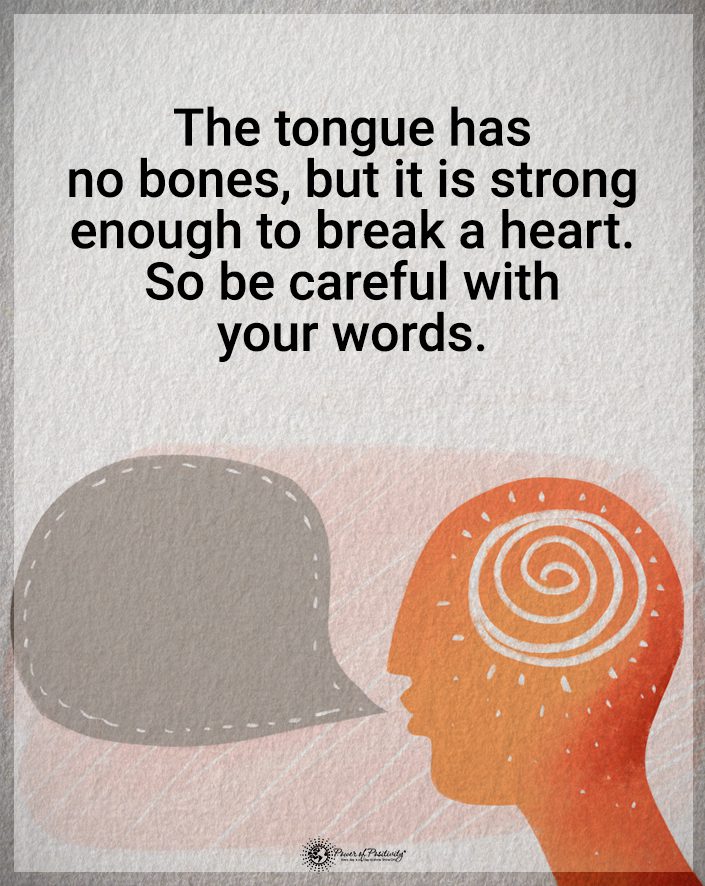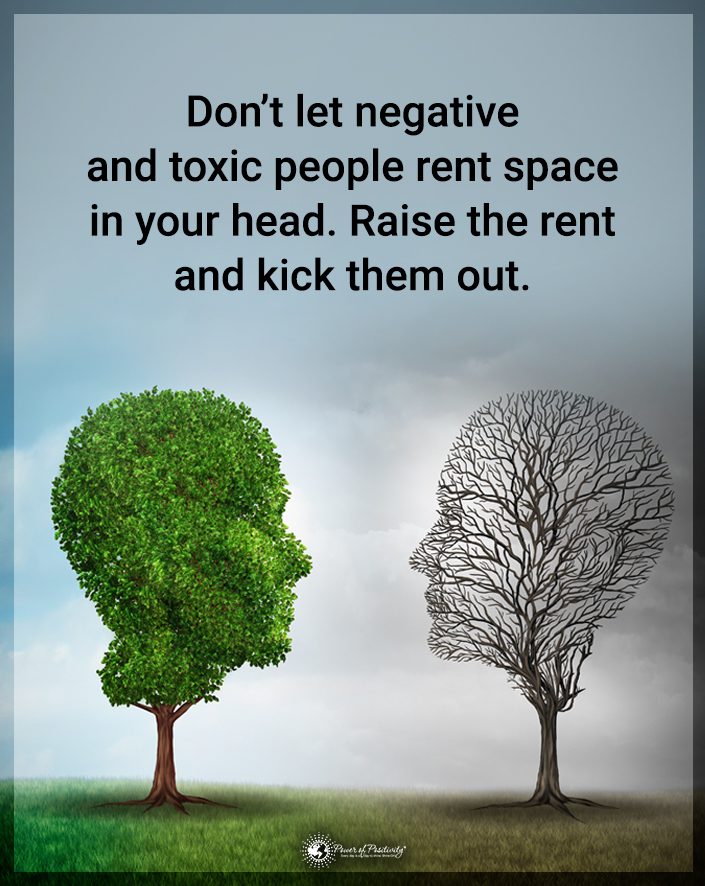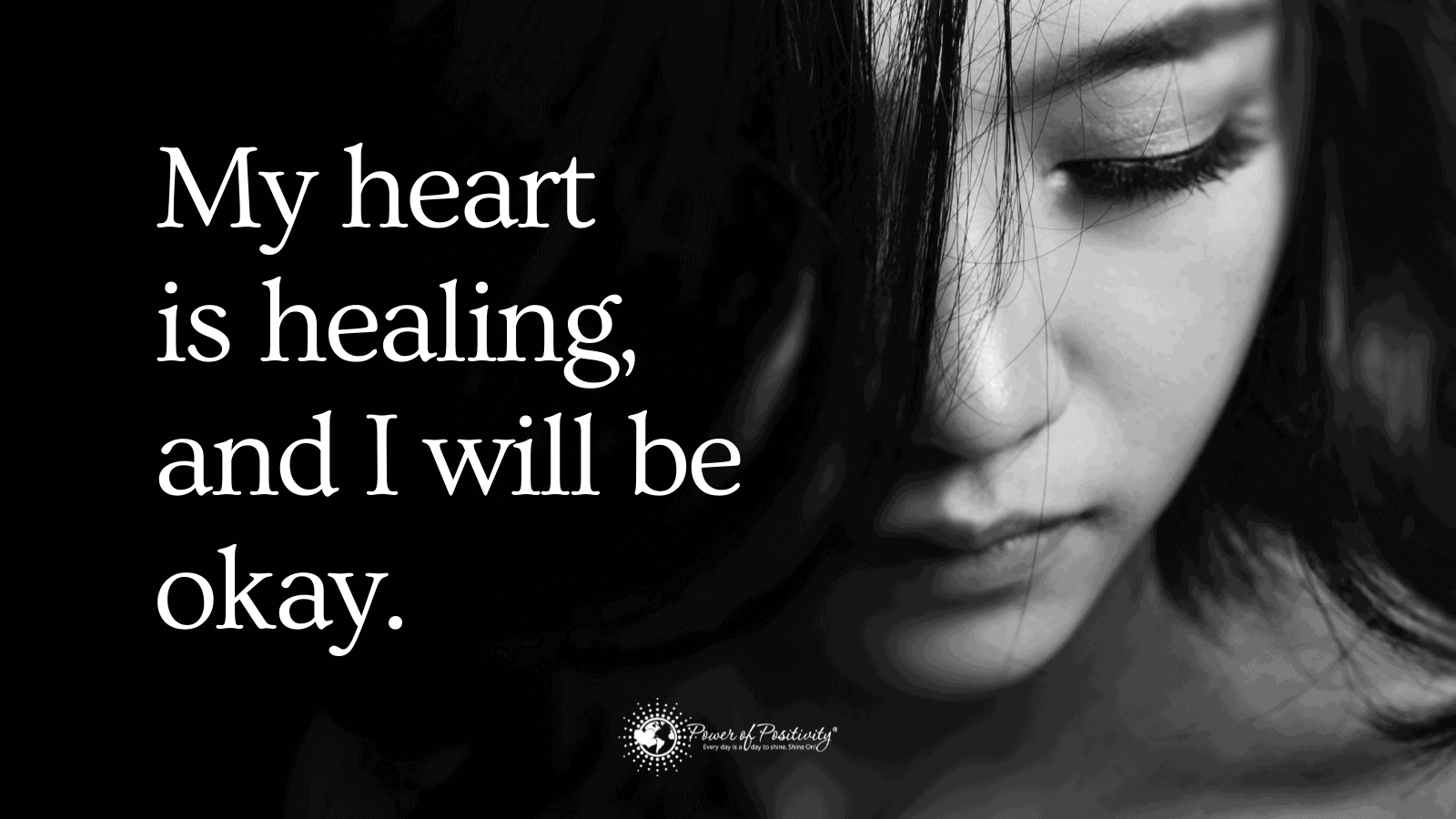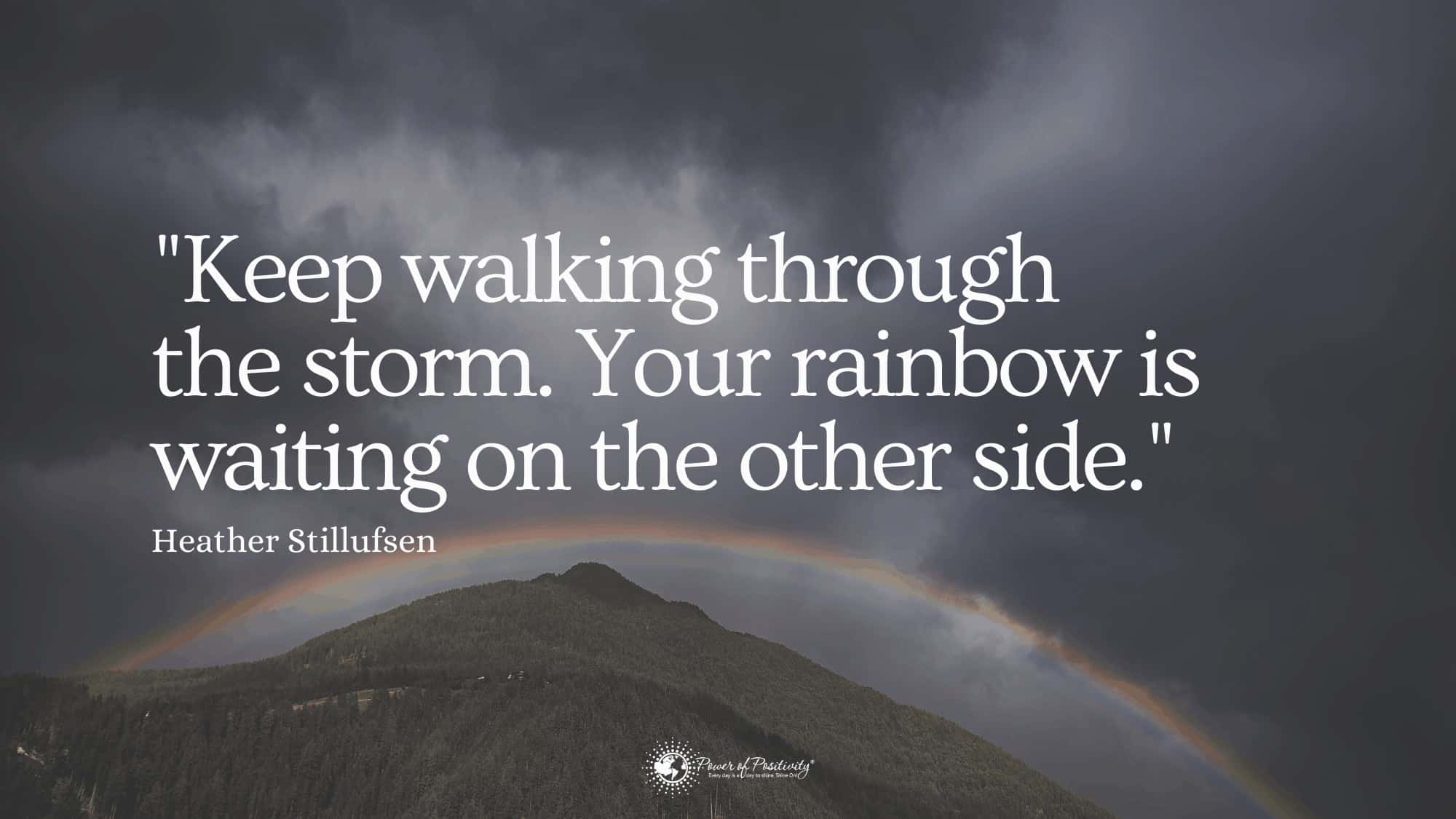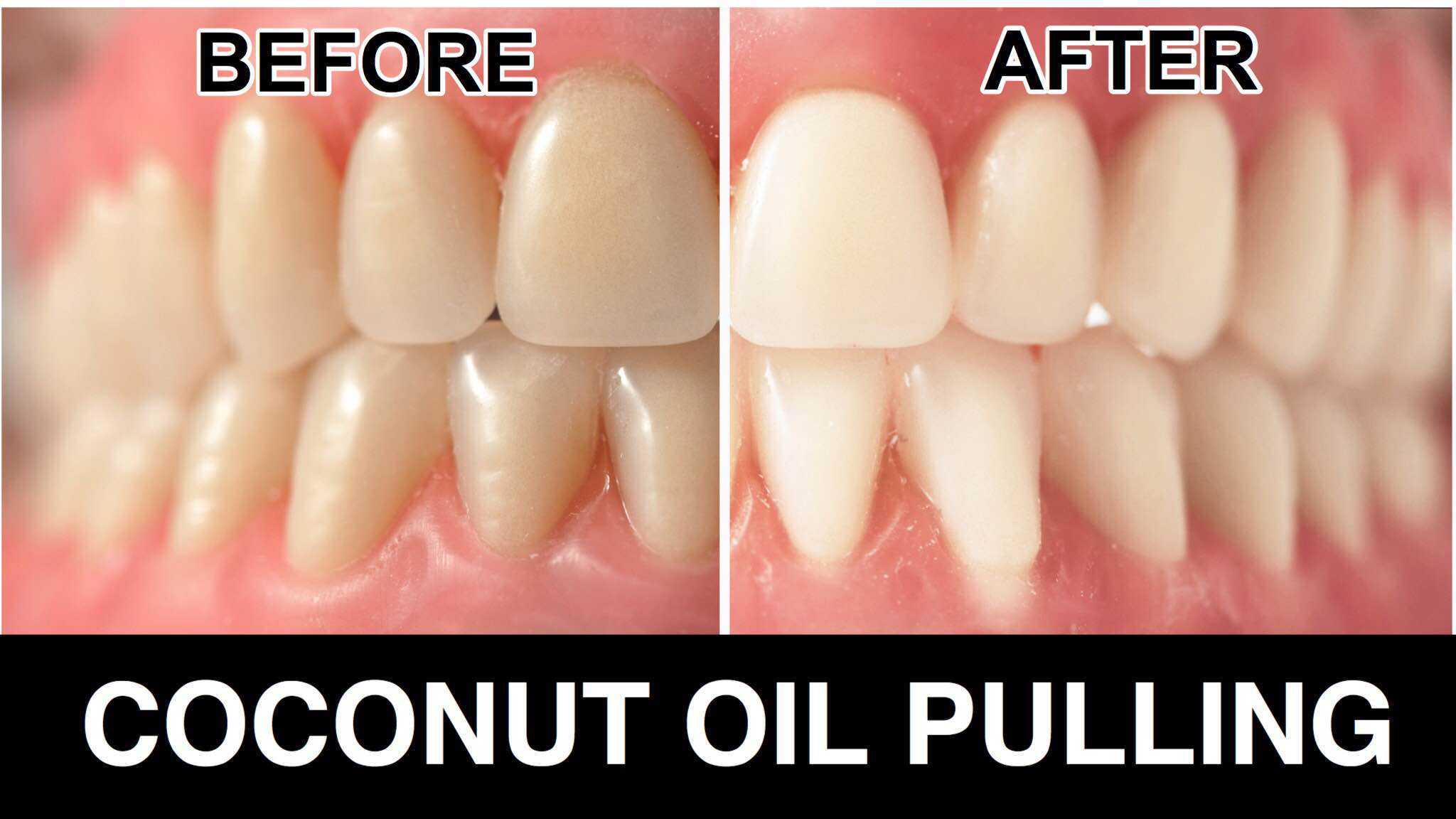Many people don’t realize that they’re confronting someone who is an emotionally abusive person. These people tend to hide their true identities and are able to charm the people that they’re not actively abusing. It’s important to know the behaviors of someone who is emotionally abusive. Psychologists have put together the top behaviors that reveal someone to be an emotional abuser.
Emotional abuse is no joke as it includes “… verbal assault, dominance, control, isolation, ridicule, or the use of intimate knowledge for degradation,” according to a study by the US National Library of Medicine National Institutes of Health.
Here Are 8 Behaviors Of Someone Who Is Emotionally Abusive
“The only person that deserves a special place in your life is someone that never made you feel like you were an option in theirs.” – Shannon L. Alder
1. Gaslighting
One of the most important and major signs of an emotionally abusive person is their ability to gaslight people. Gaslighting is a term that means a specific form of emotional abuse, where the abuser makes “… you doubt yourself, your intuition, and your reality” in order to keep control over them, says relationship expert Susan Winter. Gaslighting is always a sign that someone is an emotional abuser and it should never be taken lightly.
2. Jealousy
Not every person who experiences jealousy is an emotional abuser. However, someone who is emotionally abusive will have extreme bursts of jealousy. They will be jealous of their partner’s friends, family, co-workers, or anyone else that their partner comes in contact with. If their partner shows any attention towards anyone that is not them, the abuser becomes enraged with jealousy.
3. Constantly checking in
Someone who is emotionally abusive will use everything in their power to make sure they know where their partners are at all points in time. They will constantly be texting and calling their partners to get updates on their location. They will also become extremely upset when their partners go somewhere without asking permission or checking in with them first. This is a red flag that this type of person is emotionally abusive.
4. Humiliation
Verbally humiliating someone is a form of emotional abuse. Someone who does this tends to do it in public and will make sure they do it in a way that they can brush off as “just joking around”. But the damage that it does is no joke. This behavior is indicative of more outwardly sinister emotional abuse. If someone doesn’t listen to their partner when they express discomfort, then it’s a red flag.
5. Picking fights
If someone feels like they always have to walk on eggshells around their partner, then that’s a red flag. Someone who is emotionally abusive will pick fights with their partner. The fights are never designed to be won. Someone who is emotionally abusive will know just how to manipulate the argument so that they seem like the victim. They also make it seem like the other person has to apologize, even if they did nothing wrong.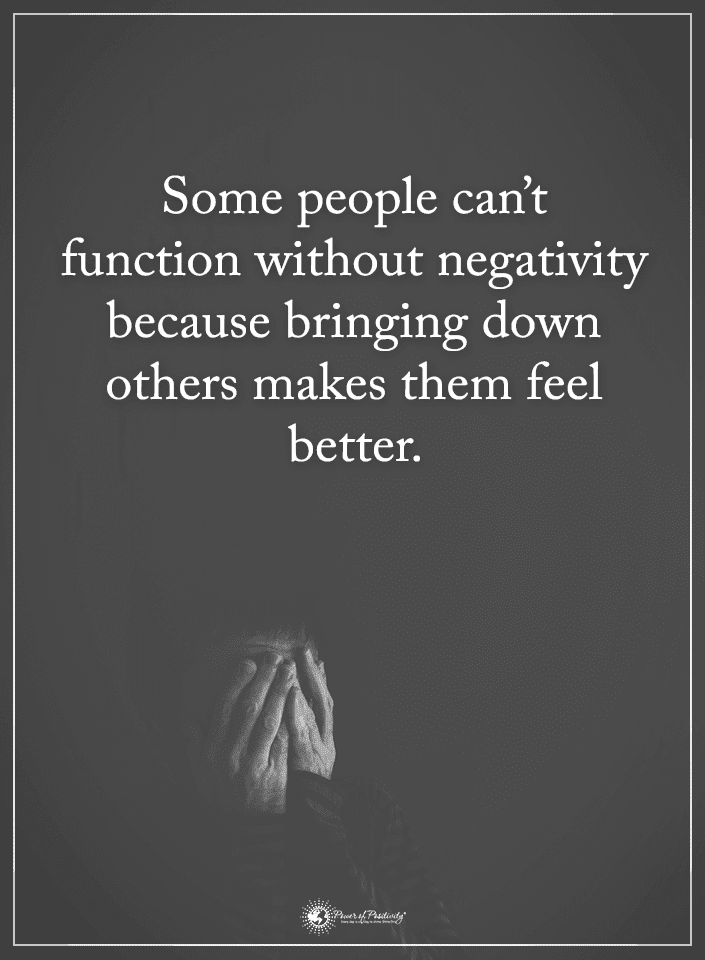
6. Hot and cold behavior
Also known as the “honeymoon phase,” emotional abusers will often apologize and try to placate their partners after a round of verbal or emotional abuse. These people tend to run hot and cold from one day to the next. They will berate their partner one day, and then try to make up for it with kindness the next. Hot and cold behavior is a key sign of an emotional abuser.
7. Black and white thinking
If you’re not with them, then you’re against them. Emotional abusers have what is called “black and white thinking.” Neutral responses are often categorized as openly hostile. If their partner isn’t actively praising them, then it must mean that they hate them. It can make for a very turbulent and confusing relationship for the partner. If someone is unable to approach a situation with compromise or nuance, then there is a good chance they are an emotional abuser.
8. Withholding affection as punishment
When you’re in a relationship, affection is how you connect with your partner. However, emotional abusers will weaponize this affection in order to get what they want. If their partner is expressing autonomy, or isn’t behaving in a way that they want, they will give them the cold shoulder. These types of people will withhold love and affection from their partners in order to manipulate them. This can create a codependency and complacency in their partner, even without their knowledge.
Final thoughts
Emotional abusers try to twist reality in order to conduct their abuse. “Being subjected to emotional abuse over time can lead to anxiety, post-traumatic stress disorder, depression, inhibited sexual desire, chronic pain, or other physical symptoms,” says licensed marriage and family therapist Darlene Lancer, JD, MFT.
Fortunately, knowing the behaviors of an emotional abuser will allow people to get out of the relationship and start healing. There are always ways to get out of an emotionally abusive relationship, and people should always be prepared with the knowledge of the behaviors of someone who is emotionally abusive. Once free from an emotionally abusive relationship, finding a support system will help the healing begin. Always remember: abuse is never the survivor’s fault.

